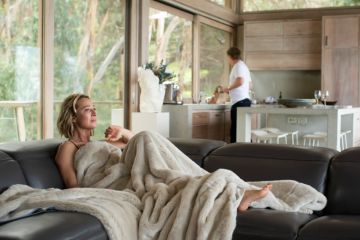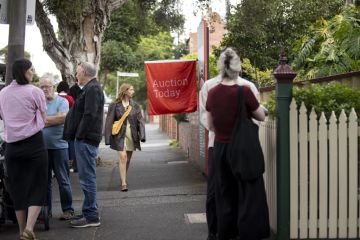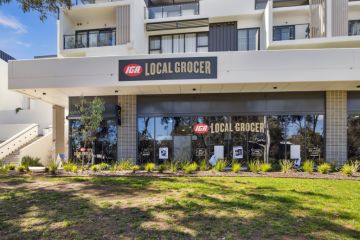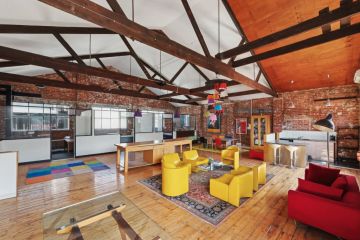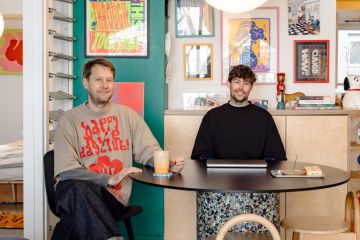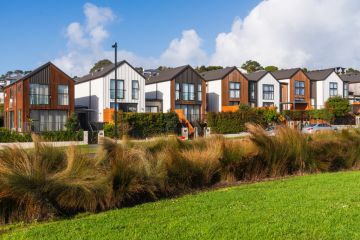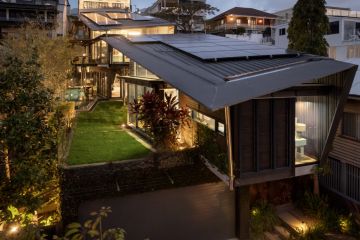Joost Bakker’s top tips for a zero-waste home
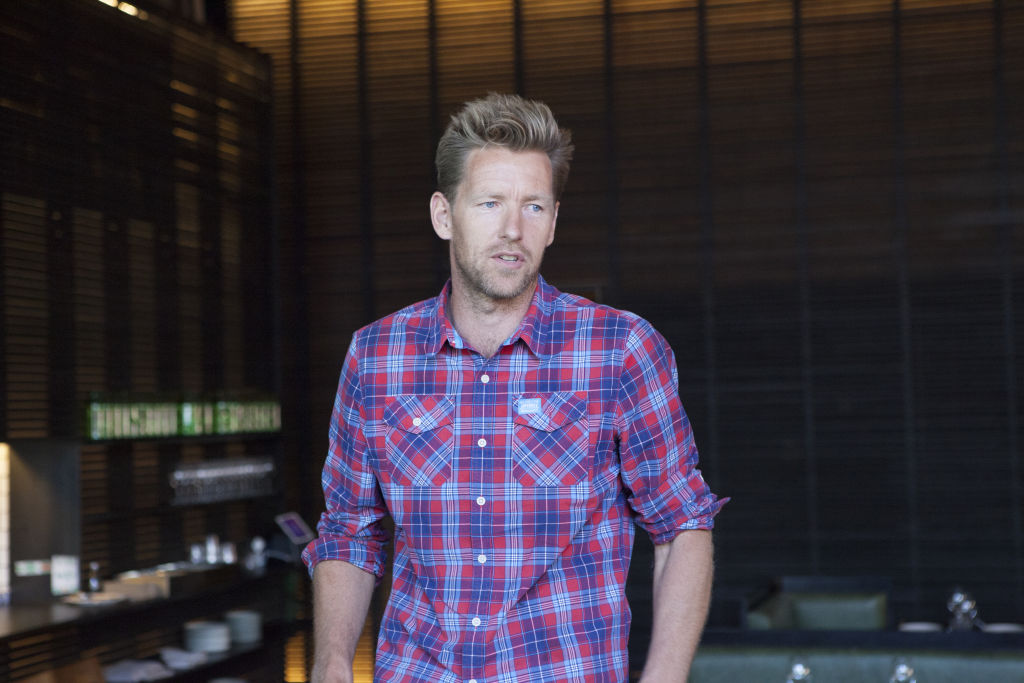
Raised close to nature on a flower farm in the Dandenong Ranges, eco-activist Joost Bakker moved to South Melbourne at age 20 and first made a name for himself as a florist who saw treasure in other people’s trash.
“I would collect materials that were discarded, whether they were cables or vessels or junk, and turn them into installations … made out of a combination of flowers and by-products,” he says.
Bakker’s reputation grew and, with it, his commissions. By the mid-’00s, his striking floral installations dotted cafes and bars throughout Melbourne. But in the course of making deliveries via kitchens, he noticed just how much waste hospitality businesses generated.
“I was quite shocked, really, by how wasteful they were,” he recalls. Inspired to do better, in 2008 he created Greenhouse, a sustainable, zero-waste pop-up restaurant at Federation Square. Hay bales, reclaimed plywood and recycled steel provided the structure, while foods harvested from the rooftop garden featured on the menu.
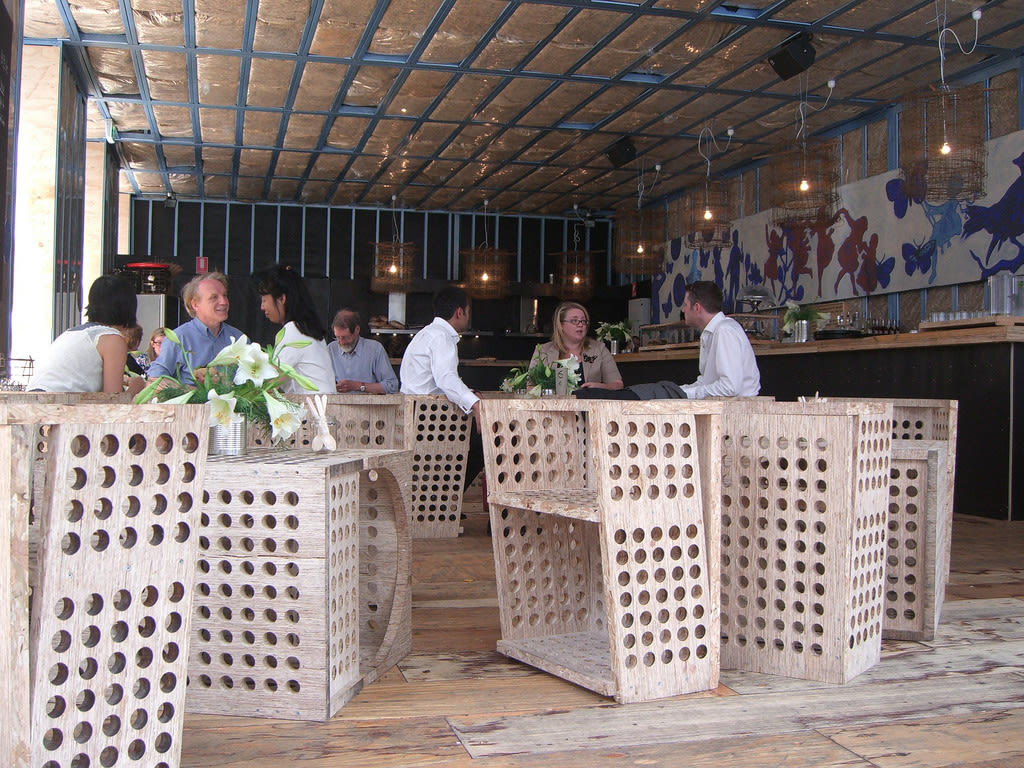
Bakker soon launched more environmentally friendly venues both at home and overseas, and thus began the second phase of his career. He became a sought-after expert on zero-waste living – something that might sound like an impossible dream but Bakker’s confident it’s an achievable goal for most Australians. And with sustainable options and retailers becoming increasingly available, it’s an ideal time to get with the program.
“If you eat whole foods and you make food from scratch and buy seasonally, there’s no doubt that you can live a zero-waste lifestyle,” says Bakker.
Grow your own food
To start, growing food in your own backyard is key. Bakker points out that if you’re not purchasing produce that’s been packaged in order to be transported, waste is already being reduced.
“You don’t need a lot of space,” Bakker says. “If you do it well, you can harvest 140 kilos of cucumbers from one square metre.”
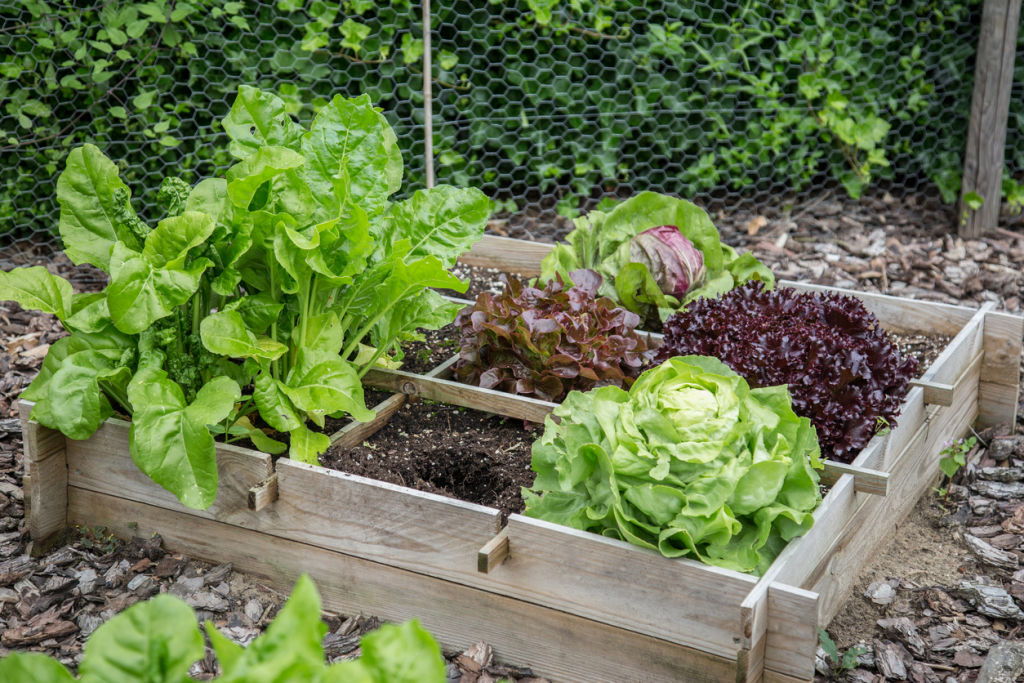
More important than space is sun; courtyards and apartment balconies with abundant light can still generate a large amount of produce. Bakker recommends making the most of bumper crops by pickling and making sauces for the year ahead and always growing your own greens, such as rocket and silverbeet.
Composting
All those plants will need food too, which is where another crucial component of zero-waste living comes in: composting.
“Forty-five per cent of our waste in Australia is organic waste, so that’s pretty crazy when you think about it,” Bakker observes. “That shouldn’t even be in the bin.”
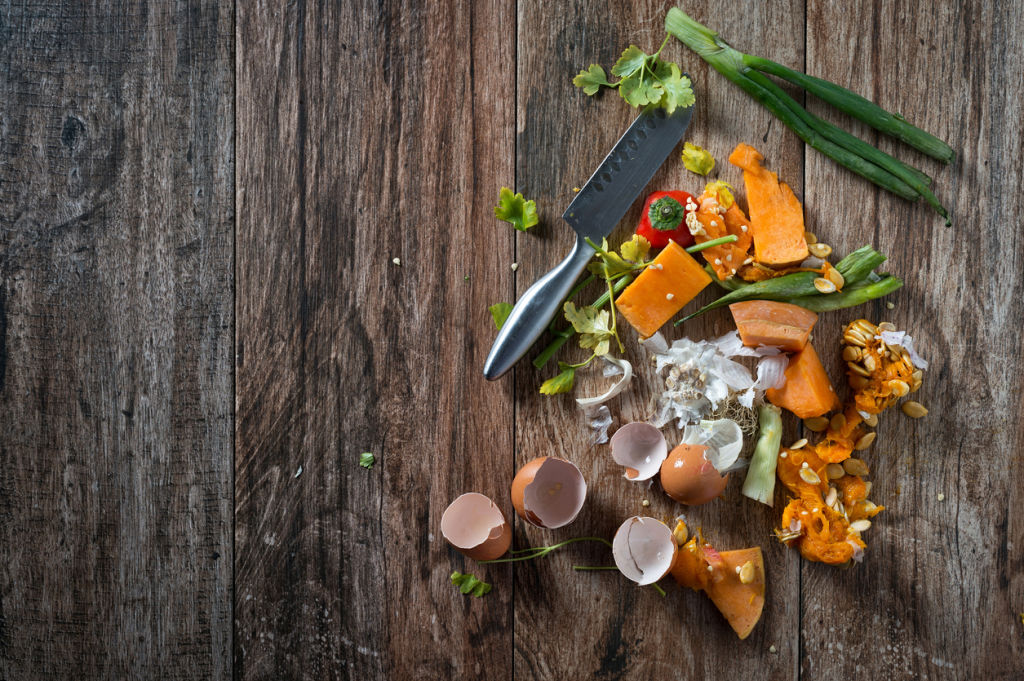
By composting food scraps and organic matter, you’ll significantly minimise the waste your household is producing. Worm farms are Bakker’s favourite composting system because they don’t use energy and worm castings are excellent for crops and soil.
“If that’s not possible for whatever reason, there are so many other systems available,” says Bakker. Stores such as Bunnings have dozens of systems to choose from, including apartment-friendly, bucket-sized options.
Making sustainable choices
Growing an entire pantry isn’t necessarily possible, so BYO bags for fruit and veggies when doing the weekly shop, or opt for paper bags over plastic. Bakker takes containers from home when purchasing fish – “that way you’re not over-handling it and you don’t have smelly bags in the rubbish bin”. Keep old jars handy for buying grains, flour, sugar and nuts from bulk and health-food stores.
Purchasing from the source is another way to minimise waste. Bakker and his family buy milk and yoghurt from a nearby dairy, then wash the bottles and take them back to be used again.
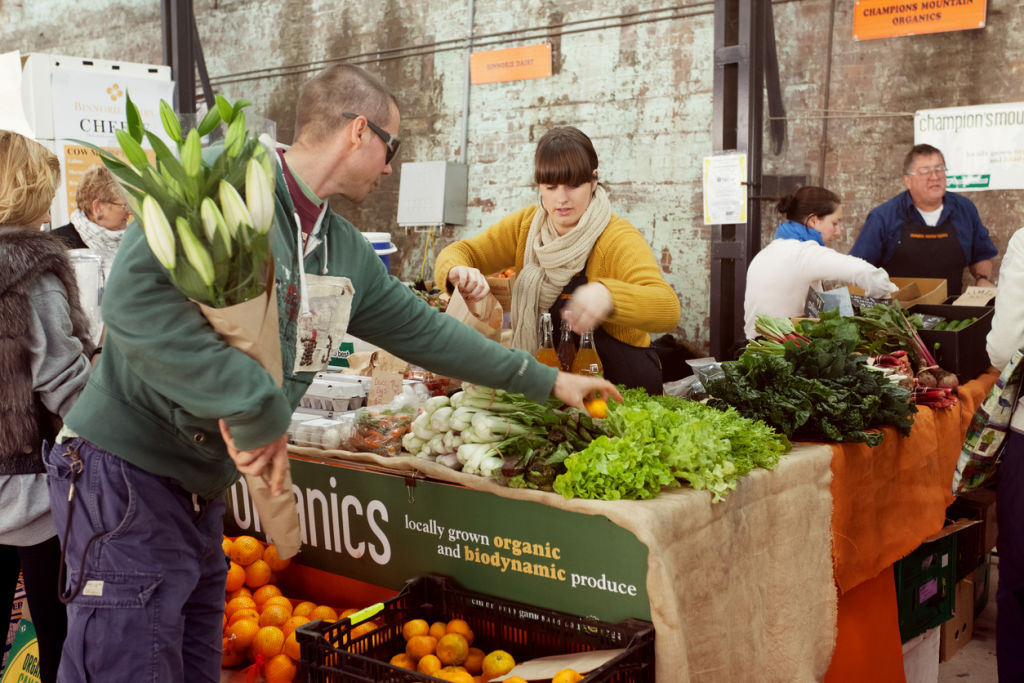
Not everyone lives near a dairy, but companies like Schulz Organic Dairy use the same system and can be found at locations throughout the country.
Recycling
Recycling might be something you do already, but Bakker cautions that many items put in the recycling bin won’t be remade as something new – most glass, for example, isn’t recycled back into glass and ends up in landfill.
“True zero-waste includes recyclable waste, so for me it’s a big deal to try to reduce the waste you’re generating, full stop,” Bakker adds.
However, it is cheaper to make new cans from old ones, so recycling them and opting for canned drinks over bottled is another Bakker pro tip.
Burwood Brickworks
Though he’s passionate about people reducing waste at home, Bakker acknowledges that in order to create genuine change and best results, corporations need to get on board too.
So, when Frasers Property Australia approached Bakker several years ago to see if he would help them build what is anticipated to be the world’s most sustainable shopping centre, he was intrigued.
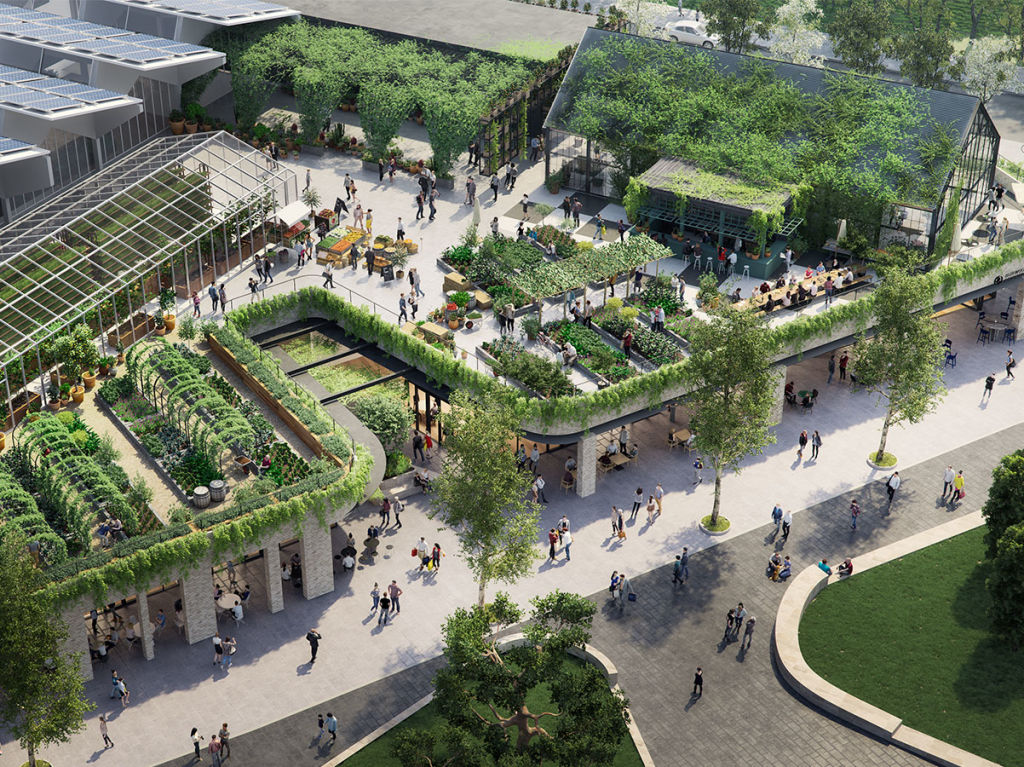
“I’ve been really surprised by how deeply they’ve thought about many things and that’s why I thought, wow, I really want to collaborate with these guys because it’s really going to make a big difference.”
The shopping centre in question is part of Burwood Brickworks, a mixed-use precinct named for the brickworks that formerly stood on its site. The new precinct will include 2.5 hectares of public open space and offer a diverse choice of residential options, with detached and semi-detached terrace housing, apartments and a selection of exclusive land lots proposed.
Leading firms Hayball, DKO and NH Architecture are collaborating on the project, with a brief to embrace the heritage of the site and give the community a strong “heart and soul”.
As a creative consultant for the development, Bakker’s work focused on the shopping centre’s 2000-square metre rooftop garden with a large solar system, urban farm, and restaurant space. Locals will have the opportunity to buy the fruit and vegetables grown on site, and participate in the paddock-to-plate offerings in the restaurant.
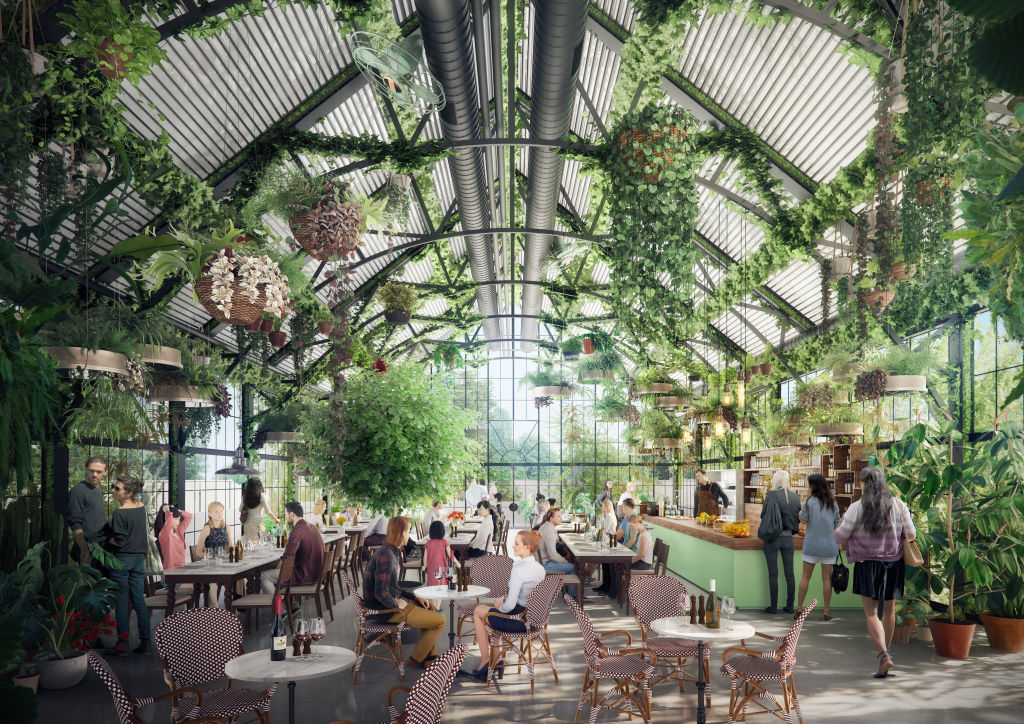
Tenants will be encouraged to use reusable and compostable containers, and there’ll be on-site organic in-vessel composting systems.
Bakker’s hopeful that where the project leads, others will follow, and notes that it signals a return to Burwood’s earlier, low impact days.
“I think that people will be really blown away by the level of detail when it does open,” Bakker says.“The idea of being able to buy freshly grown produce in Burwood is amazing. But you know what, that’s what it was 100 years ago; it used to be orchards and now it’s going back to that.”
We recommend
We thought you might like
States
Capital Cities
Capital Cities - Rentals
Popular Areas
Allhomes
More
